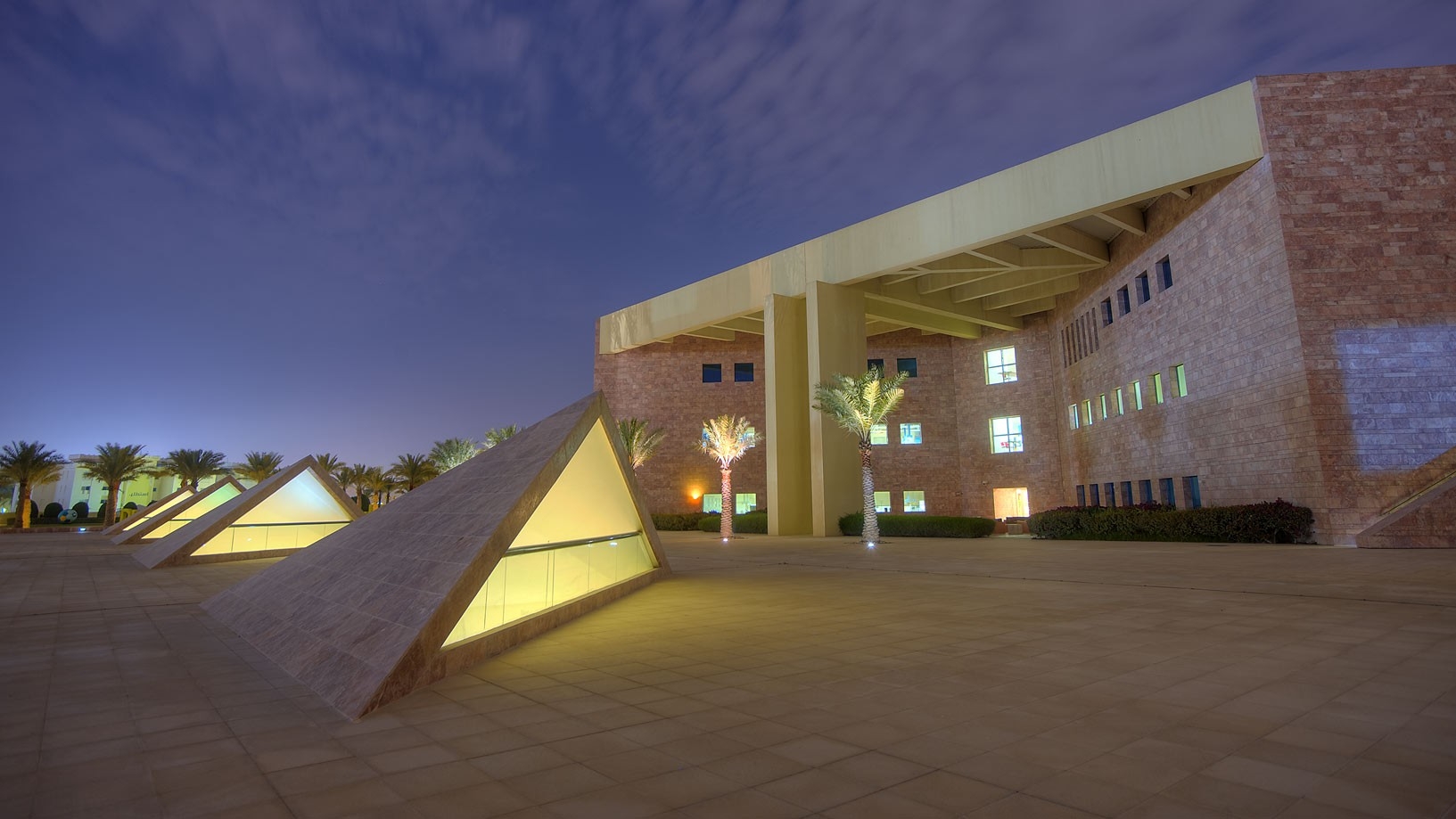'Disinformation campaign': Qatar slams US university's decision to shut Doha campus

A sophisticated, months-long “disinformation campaign” is behind Texas A&M University’s decision on Thursday to close its Doha campus, Qatar Foundation said in a statement on Friday.
Texas A&M University said in a press release that they reviewed their presence in Doha because of "the heightened instability in the Middle East" and the university board voted on the decision 7-1 without discussion on the topic.
It will take the university four years to conclude its operations in Qatar. The most recent contract between the university and the Qatar Foundation was signed in 2021 and was set to last until June 2033.
The Qatar Foundation says it was never consulted on the decision which they criticised as "political" in nature.
“It is deeply disappointing that a globally respected academic institution like Texas A&M University has fallen victim to such a campaign and allowed politics to infiltrate its decision-making processes," the foundation said in a statement.
"At no point did the board attempt to seek out the truth from Qatar Foundation before making this misguided decision."
Lobbying
Coinciding with Israel's war in Gaza, questions surrounding the university's presence in Doha started being raised in October last year, according to the Texas Tribune.
The media outlet reported that a Washington DC-based think tank, the Institute for the Study of Global Antisemitism and Policy, started a lobbying campaign and sent a letter to US officials "alleging that Qatar had 'substantial ownership' of weapons development rights and nuclear engineering research being developed at the Texas A&M campus, which they claim is a threat to national security".
The university's Doha branch was opened in 2003, joining five other US universities in Qatar's Education City. The programme is most well known for offering undergraduate degrees but also offers masters and doctoral programmes in engineering - including chemical, mechanical, electrical, and petroleum engineering. The university has also rejected all accusations about its research.
“Contrary to what these articles have implied, no nuclear technology, weapons/defense or national security research is conducted at this campus,” Mark Welsh, Texas A&M University president, said in a statement in January. “Nor does the Qatar campus have any connection to nuclear reactor research done in Texas or the Los Alamos National Lab."
The statement was made in response to a report, following the war in Gaza, produced by the think tank and articles which followed that alleged national security risks posed by the university's research, Qatar's ties to Hamas and the Muslim Brotherhood, and what it called a "disturbing relationship" between Qatar and the university.
"The insinuation that we are somehow leaking or compromising national security research data to anyone is both false and irresponsible,” Welsh said in the statement.
The Qatar Foundation has similar partnerships with just under two dozen other foreign universities from around the world, with at least seven American universities, including high-profile institutions like Northwestern University, Cornell University, Georgetown University, and Carnegie Mellon University.
The Qatar Foundation is a state-led non-profit venture consisting of over "50 entities" working across education, science, research and community development, according to its website.
Middle East Eye propose une couverture et une analyse indépendantes et incomparables du Moyen-Orient, de l’Afrique du Nord et d’autres régions du monde. Pour en savoir plus sur la reprise de ce contenu et les frais qui s’appliquent, veuillez remplir ce formulaire [en anglais]. Pour en savoir plus sur MEE, cliquez ici [en anglais].




